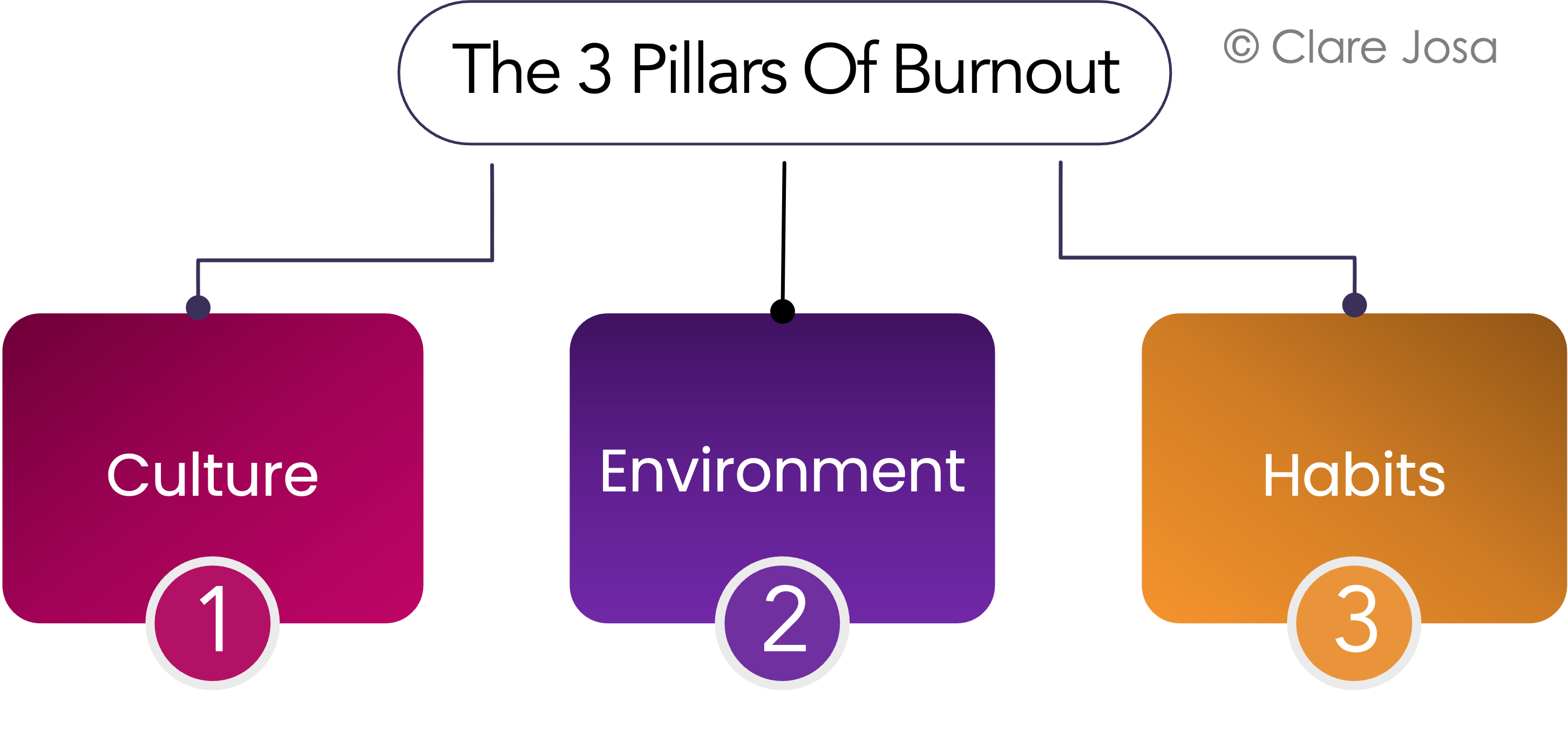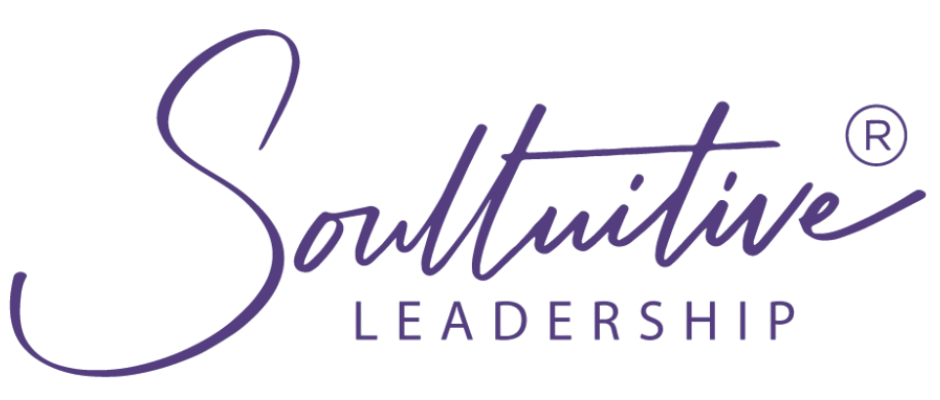One of the things I love about my business is that I can wake up to find that overnight someone has booked a speaking enquiry meeting in my diary - often without me having any idea who they are. It's exciting to get to find out about their project. But there are three red flags that mean it'll be a 'flat no' from me, and none of them has anything to do with money.
I totally love co-creating high-impact, bespoke keynote talks with clients. And the majority of the time, the enquiries we get through are a really good fit. We even have vetting questions as part of the meeting-booking process, to make sure that we don't take up each others' time, if it's not going to work out.
However, sometimes an enquiry looks great, on paper, but it has one of the three red flags that means I know from 20 years' experience that it's not going to work out, no matter how much we might both want it to. Here are three of my red flags - and I'm curious: whether you're an event organiser or a speaker, I'd love to know if you think I should add any more to the list!
#1
It goes against my values
Some keynote requests would leave me struggling to sleep at night. But the reasons why might surprise you.
I remember a couple of years ago turning down a large amount of money (here's a guide for how much to budget for a keynote speaker) to run a session for 1,000+ global employees, because I refused to deliver the outcome that the company wanted:
"Teach them all mental toughness!"
Of course, I could have created a one-hour session that would deliver on their objectives. But I refused, because they couldn't see why this strategy was back-to-front and potentially harmful, no matter how much data and science I shared to explain why their goal wasn't reasonable.
Why do I refuse to teach 'mental toughness'? Because it's code for 'toxic resilience' - telling staff they have to cope better with the appalling levels of stress, workload and toxic managers that have already taken them close to burnout, so that the organisation doesn't have to change.
You shouldn't have to have the mental toughness of the UK's SAS or US Marines, just to work in an office.

Any consulting work I do has to be grounded in my 3 Pillars approach: addressing not just the individuals' personal habits, but also working on changing the culture and environmental triggers for burnout, Imposter Syndrome and wellbeing problems.
I won't 'fix' employees so that they can continue to be - let's call a spade a space - bullied and abused.
Here's more on my 3 Pillars model and the burnout research study we ran that developed it.
#2
It doesn't have leadership team's support
This risks us co-creating a fabulous bespoke keynote session that leaves people feeling betrayed, afterwards.
A few years ago now (thank goodness!) I remember getting to the end of a live, virtual keynote that had gone really well, and the organiser handed over to a C-suite member to give the closing remarks. Everyone was on a high, fired up to take action on ditching Imposter Syndrome, and the virtual room was full of hope and enthusiasm. The closing remarks were addressed to me, and started with the words:
With the greatest of respect...
We all know that means the opposite. And the C-Suite member proceeded to tell everyone they didn't need sessions like the one we had just run - that they should all just pull their socks up and get on with things, and that Imposter Syndrome was just an excuse for poor performance.
This was a fairly extreme example, but I see this kind of thing regularly: passionate ED&I committee members wanting to make a difference, but secretly knowing that the company's leadership doesn't want to take action to create change, that the event is a box-ticking exercise. I don't do tick-box exercise talks.
I'm happy to do all I can to help with this, but I won't take on a keynote where I know there's a strong risk that attendees will finish the session believing that their employer cares and is going to do things differently, only to discover by the end of the week that it was just lip-service. That kind of betrayal runs deep. And I don't want that energy attached to my name.
#3
It's a competitive pitch
But that's not because we don't think we'd win.
This isn't an ego thing. And it's not a fear thing. Sometimes we don't realise we're pitching, and we usually win, as long as there's sufficient speaker budget.
But competitive pitching is really bad for our team. Here's an overview of how much time, money and energy goes into a bespoke keynote talk, even just up to the pitching stage. And it's totally frustrating - not to mention IP theft - to find our best science- and research-backed ideas being handed over to a low-budget competitor (or even the in-house L&D team) to try to deliver, which we all know happens...
But competitive pitches are not right for you, either.
Getting multiple keynote speakers to pitch you is not the way to find the best one for you.
Aside from the fact that you're effectively asking a bunch of strangers to 'peacock' their way into your wallet with glossy brochures and slick speaker reels, how can you tell whether they have:
It's a huge amount of pressure to put on the person booking the speaker - to have a perfect brief, having already diagnosed the causes of the problem they want the keynote to address, and being able to assess whether a particular quote will deliver on that or not.
So, in the absence of other metrics, the decision often comes down to who is the cheapest, and that's definitely not the way to get the best speaker for your needs.
I've lost count of the number of times I've been asked to deliver a 'repair session', to make up for a budget speaker's session the previous year...
Instead of putting time, effort and energy into competitive pitches, we'd rather work with you to more thoroughly explore your brief and create a plan that includes diagnosing what's really causing the problem you want to solve (for example via our pre-keynote quiz-style scorecards for attendees - find out how they work here).
This means you're getting something totally tailored to your team members' needs, based on data and science, not mind-reading and assumptions. It will lead to a keynote that you know will deliver on your objectives and leave you feeling glad you booked me.
We'd prefer to work with you as problem-solving partners, rather than just rocking up and giving the one-size-fits-all talk that we're assuming your teams might need.
It's why I'm transparent on pricing (you'll get ball-park options for various speaker solutions before we even have our first meeting), and I share full-length videos of me presenting, so you can get a feel for my style and what it will be like to work with me. And by the end of our initial meeting (no obligation), we'll both know if we're a great fit to work together to take the project forward, and feel excited about it.
Who Do We Love To Work With?
After 20+ years in this field, I'm really clear on who we love working with, and who we'd rather not get in touch!
Yes, Please Book A Call!
Hmm... Please Hold Off...
Are you a great fit?
My specialist areas are all about about changing the world by changing yourself, so you can take off the secret masks, armour and self-imposed glass ceilings that had kept you stuck, dreaming big but playing small.
And as keynote topics, this can include things like ditching Imposter Syndrome, preventing burnout, clearing out toxic resilience, leading from your heart in a head-based world, and working with my Natural Resilience Method® and HOPE Matrix® frameworks to grow thriving, diverse, authentic teams and confident, courageous, inspiring leaders.
If the idea of working together has you curious - or even perhaps excited - here's how to take the next step:
what's the next step?
To find out more about booking me as a keynote speaker and my areas of expertise - and to get a copy of my speaker brochure (which contains price ranges for the various options) - please click the button:
Clare Josa - as interviewed by:

Clare In Numbers
10 Books
helping over 100,000 people change their life
20+ Years
as an international keynote speaker
25,000+
podcast listeners in over 140 countries
I'm curious: what are your thoughts?
Whether you're the client, or the one delivering the service, are there any red flags that would make it a 'no' for you? Are there any we should add to the list? Click the button to join in the discussion on LinkedIn!
If you're considering booking a professional keynote speaker, you might also find these articles helpful:
